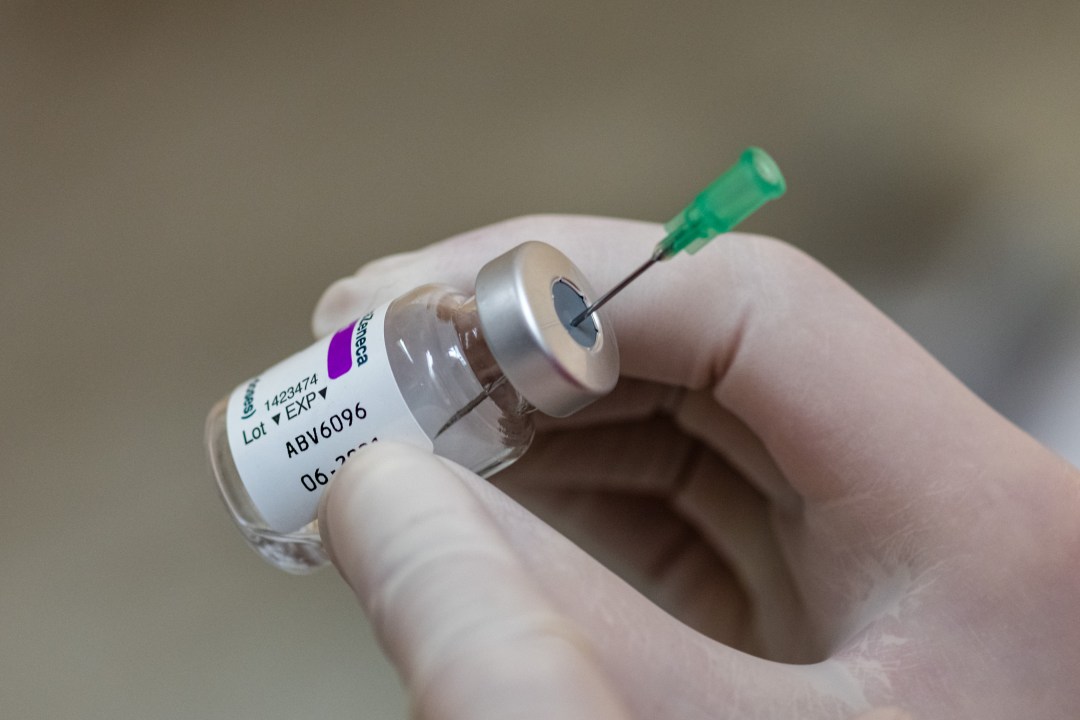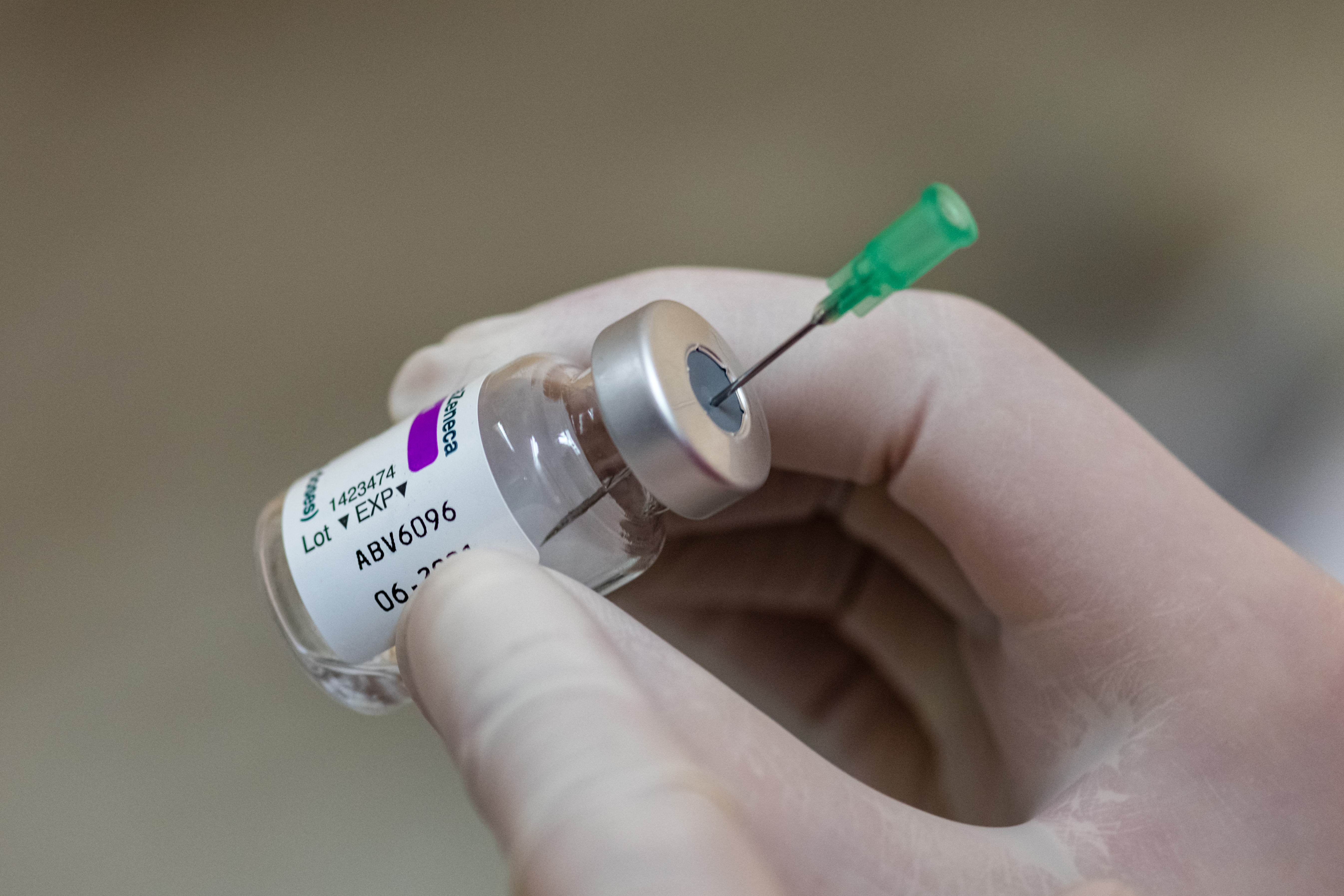Germany, Italy, and France have this afternoon become the latest European countries to temporarily suspend use of the vaccine developed by AstraZeneca and Oxford University. It comes after the Dutch government said on Sunday the jab would not be used until at least 29 March, while Ireland said earlier in the day that it had temporarily suspended the shot as a precautionary step. In total that makes 11 countries including Denmark, Norway and Iceland who have suspended use over fears the vaccine causes blood clots.
So should we be worried about the Oxford jab? Given the level of expertise supporting this vaccination, the answer is: no. The World Health Organization, the European Medicines Agency (EMA) and the Medicines and Healthcare products Regulatory Agency have all made it clear there is no link between the vaccine and blood clotting. A handful of cases have been identified across Europe but the EMA has stressed that there is ‘currently no indication that vaccination caused these conditions’ — adding that the jab’s benefits continue to outweigh the risks. In a statement on Thursday the agency’s safety committee said: ‘The vaccine’s benefits continue to outweigh its risks and the vaccine can continue to be administered while investigation of cases of thromboembolic events is ongoing.’ A review is being carried out into each reported incident, and the regulator says that — of almost five million people given the vaccine across Europe — there have been just 30 reports of blood clots.Regardless of vaccination, blood clots are fairly common and given the sheer number of people who are getting a jab, these incidents could well be coincidental. Professor Anthony Harnden, the deputy chair of the Joint Committee on Vaccination and Immunisation (JCVI) has today hit back today at such claims. He points out: ‘We have given 11 million doses of the Oxford/AstraZeneca vaccine to date and there’s no demonstrable difference between the blood clots in those that have been vaccinated from those in the general population. One ought to also remember that Covid causes blood clots. So, the risks of not having the Covid vaccination far outweigh the risks from the vaccinations.’
AstraZeneca told the British Medical Journal: ‘An analysis of our safety data of more than 10 million records has shown no evidence of an increased risk of pulmonary embolism or deep vein thrombosis in any defined age group, gender, batch or in any particular country with Covid-19 Vaccine AstraZeneca. In fact, the observed number of these types of events is significantly lower in those vaccinated than what would be expected among the general population.’
It is worth bearing in mind the EU’s track record when it comes to making claims about the AstraZeneca jab. In January the German daily newspaper Handelsblatt quoted anonymous sources within the German government claiming that the Oxford-AstraZeneca vaccine is only 8 per cent effective among the over-65s — a claim which was allegedly based on the misreading of an Excel spreadsheet. That same month Emmanuel Macron claimed the jab was ‘quasi-ineffective’ for people over 65 — despite France having one of the highest vaccine hesitancy rates in the world. And just last week the European Council president claimed Britain had imposed an ‘outright ban’ on exporting such jabs.
All of this could be dismissed as naked EU politicking if the subject was not so serious. As The Economist journalist Stanley Pignal has noted: ‘If you vaccinate 100,000 people over the age of 50 today rather than tomorrow, you save 15 lives, according to a French analysis. Germany has 1.7 million AstraZeneca doses that are now not being administered. Delay all of those by a week, you’re up 1785 deaths.’ What’s more, as Dr Mark Toshner makes clear on Coffee House, this ‘stop-start’ approach to vaccination muddies the data, making it harder to work out what effect the jab is actually having.
Mr S hopes the European countries bear this in mind when they consider halting the Oxford jab — for their sakes as well as ours.








Comments